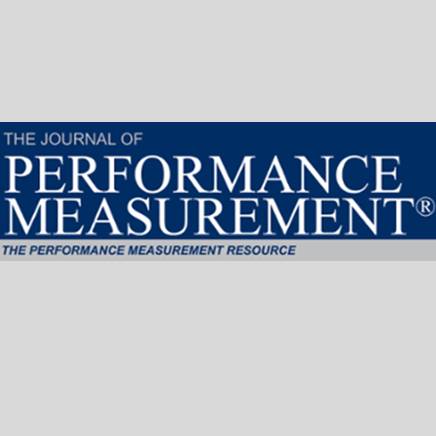Risk Budgeting in Investment Management
$25
The practice of risk budgeting promises to further advance the risk and investment management journey. The concept provides a framework for more systematically analyzing and managing investment risk. Applied risk management has often involved measuring and attributing risk-adjusted performance ex-post, or after the fact. Risk budgeting aims to move directly embed risk management in the investment process itself. The main aim of the risk budgeting process is improved consistency of performance by more systematically targeting desired market risk levels. A consequence of this improved consistency of risk performance should be that risk adjusted performance is improved, but arguably even that absolute or excess performance itself is improved. This discussion can be viewed as an early attempt to communicate the consensus on what risk budgeting is and what it is not.
Author : Mark Lundin
Product Description
The practice of risk budgeting promises to further advance the risk and investment management journey. The concept provides a framework for more systematically analyzing and managing investment risk. Applied risk management has often involved measuring and attributing risk-adjusted performance ex-post, or after the fact. Risk budgeting aims to move directly embed risk management in the investment process itself. The main aim of the risk budgeting process is improved consistency of performance by more systematically targeting desired market risk levels. A consequence of this improved consistency of risk performance should be that risk adjusted performance is improved, but arguably even that absolute or excess performance itself is improved. This discussion can be viewed as an early attempt to communicate the consensus on what risk budgeting is and what it is not.


